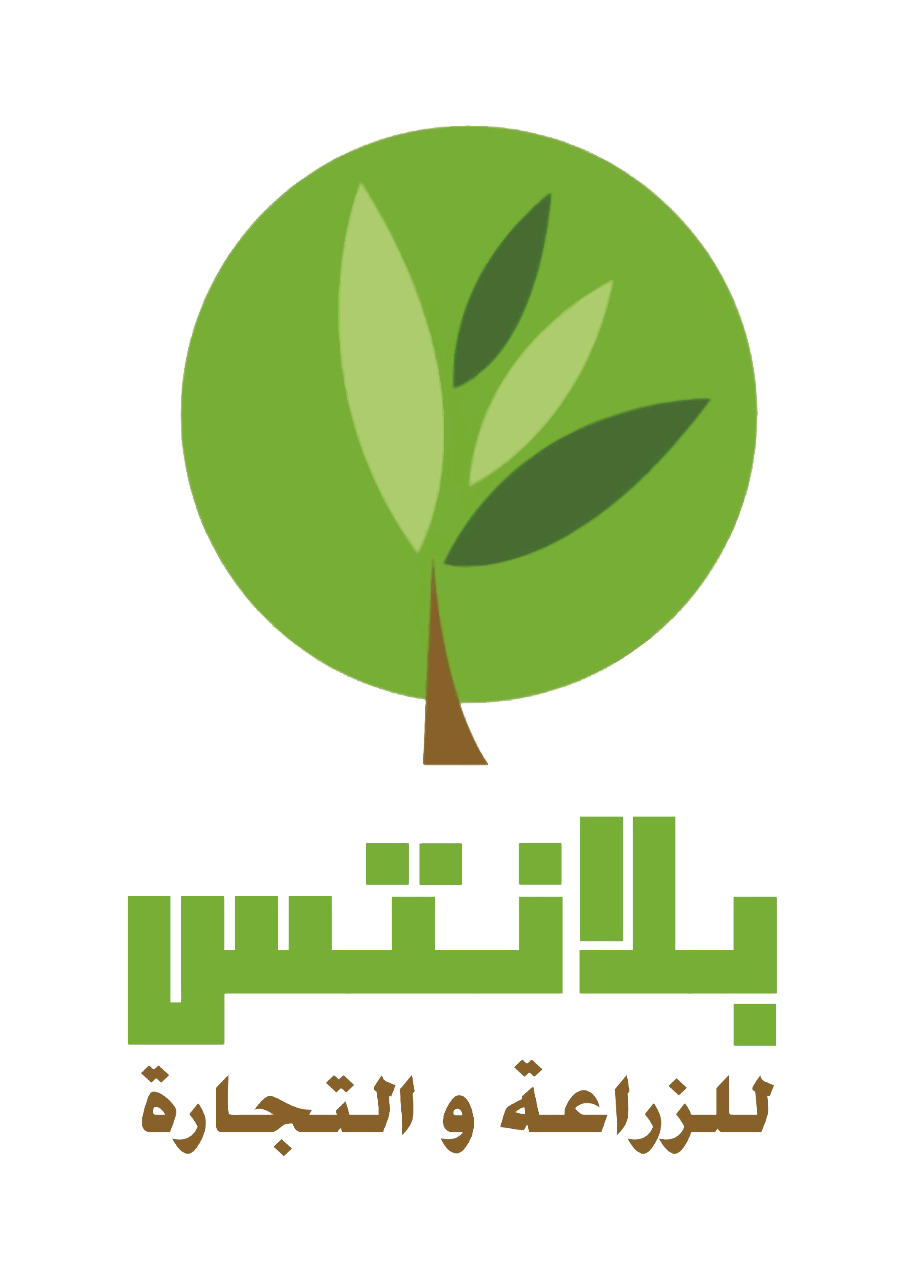- 03 May 2011
Central Asia should strengthen trade ties says Diouf
3 May 2011, Astana, Kazakhstan - Against the backdrop of climate change and increasingly volatile food prices, FAO Director-General Jacques Diouf today called for the countries of Central Asia to strengthen cooperation on trade arrangements to enhance the free flow of food and agricultural commodities.
Speaking at the Astana Economic Forum in Astana, Kazakhstan, Diouf said that concern about food security in Central Asia is particularly acute for the region's net food importing countries — namely Kyrgyzstan, Tajikistan, Turkmenistan and Uzbekistan.
These countries are mostly dependent on grain supply from the exporting countries of the Commonwealth of Independent States, including Kazakhstan, which is why they would benefit from stronger trade ties.
Urgent need
“There is an immediate need to examine the possibility of a regional cooperation on trade arrangements among the countries of the region to enhance the free flow of food and agricultural commodities,” Diouf said.
The FAO head also called for Central Asian nations to establish joint monitoring systems on weather and climate change to predict sharp declines in crop production, improve climate disaster preparedness and avoid sudden price spikes.
Regional information sharing on agricultural and food production, including stocks, could help farmers and traders to deal effectively with potential food shortages.
Panic inappropriate
Diouf also cited the necessity for governments to avoid “inappropriate ‘panic’ policies” that may have severe welfare consequences.
During the 2007-08 global food price crisis, “the trade restrictions and price controls imposed by some countries in response to rising food prices exacerbated the situation. Such policies can affect production incentives and have spill-over impacts on neighbouring countries,” Diouf said.
Diouf said Kazakhstan “has an excellent advantage to increase agricultural production and a respectful potential that can make a significant contribution to improve regional and global food security.”
To help governments make informed decisions and support the design of immediate country-level action plans, FAO has recently published the Guide for Policy and Programmatic Action at Country Level to Address High Food Prices and embarked on the organization of a series of regional and sub-regional seminars.
A workshop will be organized in June for the European and Central Asian regions, involving all the concerned stakeholders.
Speaking at the Astana Economic Forum in Astana, Kazakhstan, Diouf said that concern about food security in Central Asia is particularly acute for the region's net food importing countries — namely Kyrgyzstan, Tajikistan, Turkmenistan and Uzbekistan.
These countries are mostly dependent on grain supply from the exporting countries of the Commonwealth of Independent States, including Kazakhstan, which is why they would benefit from stronger trade ties.
Urgent need
“There is an immediate need to examine the possibility of a regional cooperation on trade arrangements among the countries of the region to enhance the free flow of food and agricultural commodities,” Diouf said.
The FAO head also called for Central Asian nations to establish joint monitoring systems on weather and climate change to predict sharp declines in crop production, improve climate disaster preparedness and avoid sudden price spikes.
Regional information sharing on agricultural and food production, including stocks, could help farmers and traders to deal effectively with potential food shortages.
Panic inappropriate
Diouf also cited the necessity for governments to avoid “inappropriate ‘panic’ policies” that may have severe welfare consequences.
During the 2007-08 global food price crisis, “the trade restrictions and price controls imposed by some countries in response to rising food prices exacerbated the situation. Such policies can affect production incentives and have spill-over impacts on neighbouring countries,” Diouf said.
Diouf said Kazakhstan “has an excellent advantage to increase agricultural production and a respectful potential that can make a significant contribution to improve regional and global food security.”
To help governments make informed decisions and support the design of immediate country-level action plans, FAO has recently published the Guide for Policy and Programmatic Action at Country Level to Address High Food Prices and embarked on the organization of a series of regional and sub-regional seminars.
A workshop will be organized in June for the European and Central Asian regions, involving all the concerned stakeholders.
